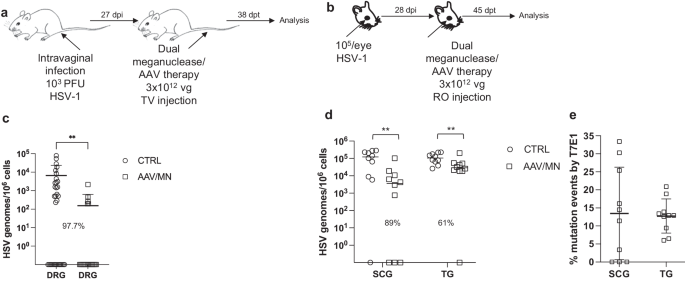
Gene Editing
Gene therapy is a medical technology which aims to produce a therapeutic effect through the manipulation of gene expression or through altering the biological properties of living cells.The first attempt at modifying human DNA was performed in 1980, by Martin Cline, but the first successful nuclear gene transfer in humans, approved by the National Institutes of Health, was performed in May 1989.










